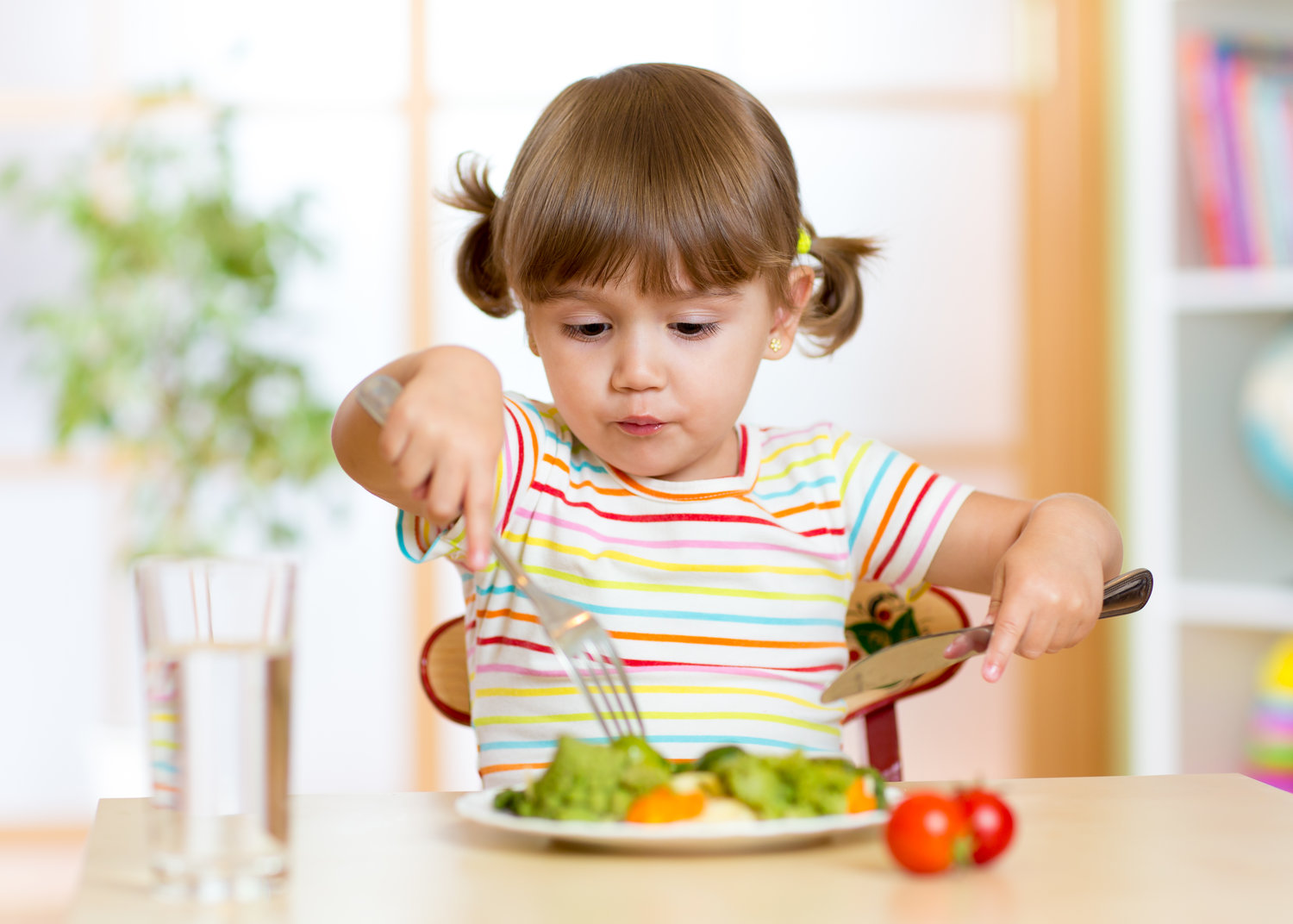Once your child gets cozy with eating solids, it is time to attain transition from baby food to most of what your family eats. After the age of one, your toddler is probably done with breastfeeding and formula or the amount of milk it drinks is a lot less. It then becomes important that it has a good mixed diet, providing her with all the nutrition it needs.Your child's diet should include the right mix of foods because each food item has different nutrients. It also needs some nutrients more than others.
Be Sure That Your Child Attains All Nutrients It Wants A balanced diet means that your child gets a wide variety of foods in different combinations every day. If your child eats a varied diet, you need not worry about what nutrients are in each food because over a few days, she will get a bit of all that she needs. This is a major advantage because working these things out is complicated! To ensure that your toddler is getting enough iron for example, try giving a variety of iron-rich foods. So, if you give her spinach (paalak) for lunch and potato with fenugreek leaves (aloo methi) for dinner, you are giving her body different sources of iron and increasing the chances that she will get enough. Other good sources of iron include broccoli (hari phool gobhi), lean red meat, and dried fruits. This method is especially good for fussy eaters because if she refuses one dish, she will still get the required nutrients from another dish. Similarly, your vegetarian child can get protein from a variety of sources. Legumes or beans like rajma, chana, lobia, kala chana and lentils like urad dal, tur dal, moong dal and chana dal are all protein-rich foods. So are nuts like almonds (badaam) and walnuts (akhrot), and seeds such as sesame (til), garden cress (sabja), and flax seeds (alsi or agasi). Soya bean products like soya nuggets, tofu, soya milk and soya bean flour contain all the essential amino acids and come closest to meat products in terms of the amount of protein they provide. Calcium is found in milk, yoghurt, paneer, spinach (paalak), broccoli (hari phool gobhi) and nuts and these foods are also rich in iron and protein.
No Particular Foods Essential Any nutrient is found in variance of foods so make a note that no single food is completely necessary. But make sure that your child is having foods from every food group in the rations mentioned above. Bear in mind that it's important to keep your toddler well acquainted ensuring it gets the fluids it needs. Water plays an important role in how well the body functions and also helps in preventing constipation.
Is your toddler getting a good enough diet? Toddlers can be fussy eaters and it can be really difficult to get them to consume all the vegetables and fruits that you would like them to. But if your child prefers fruits over vegetables, make sure it has some with each meal. Or if she prefers vegetables over fruits, give her veggies more often including for a snack between meals. If your child has allergies or follows a strict vegetarian or vegan diet and you are worried about whether she is getting the nutrients she needs, speak to her doctor. He might recommend vitamin supplements if he feels she does not get enough nutrients from her diet. If your child doesn't have any particular dietary restrictions, try to encourage her to have a varied and healthy diet. The food habits your child develops now will follow her to adulthood. So delay as long as possible or keep to a minimum foods that are high in sugar or salt and low in nutrients, such as fries, deep-fried snacks, fizzy drinks or deep-fried sweets or mithais. Vitamin supplements can help when necessary but should not be used to compensate for a poor diet because of preferences. It is easier for the body to get the nutrients it needs from food rather than supllements.



